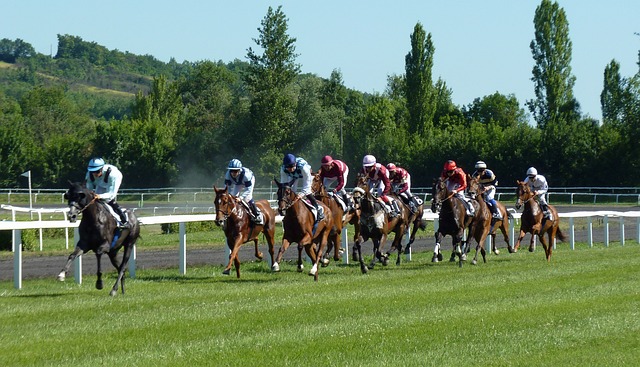Gathering and analyzing data are crucial. They improve athlete performance and shape media coverage. They also boost the sports betting industry. Platforms like 22Bet have a seamless 22Bet login. They have used these advancements to give bettors the data they need to make smart bets. This article explores how data transforms various aspects of sports and sports betting.
Data Collection, Analysis, and Use in Sports and Sports Betting
Data collection and analysis are key in sports. They help athletes and teams improve. They change how the media covers sports. They help sports betting grow.
A booming trend
Statista says the global sports analytics market will surpass USD 10 billion by 2028. It will grow at 21.8 percent each year from 2021 to 2028.
Athlete Data

Technology is changing how athletes train, compete, and minimize injury risk. It also helps them manage their careers. It helps them do better and be aware of things that can affect their game. These things include tiredness, stress, and biology. Innovative technologies have expanded what data on athletes can be collected and analyzed. They make sports better.
For instance, we can monitor the body’s location and motion on the field. We can also monitor its skin temperature, muscle fatigue, eye movement, and head impact. Sensors also monitor arm speed and elbow stress. They track ball touches to the feet. For the legs, they measure distance, stride length, acceleration, and deceleration.
Some personal biometric data readings include heart rate and breathing rate. They also include blood oxygen, blood sugar, body temperature, and sleep patterns.
Improving Individual and Team Performances
For years, vital choices were made without digital tools in team sports. Teams choose which players to draft, trade, or develop. They also chose what coaching strategies to adopt. They made these picks by gut feeling or by tradition.
Coaching has improved. This is thanks to wearable sensors on players and optical trackers around the field. These tools help before, during, and after matches or tournaments. Coaches get live player data. They analyze it later with the team.
Tracking Fans
Data analytics in sports now tracks fan movement, behavior, and purchases. This helps teams predict ticket pricing, staffing needs, and parking lot congestion. Teams can better market events by understanding fan preferences. They can do this before, during, and after events. This will let them send targeted messages about upcoming matches.
Monitoring Punter Behavior for Enhanced Experiences

Punters’Gaming operators’ products and services shape punters’ needs. Tech-savvy punters want fast, accurate data to bet odds. Operators analyze punter habits to improve the betting experience. They tailor products and suggestions based on sport, location, odds, time, and market. They also consider whether the bet is pre- or in-game.
Ensuring Responsible Gaming
The industry pressures operators to create safe gaming sites and apps. Data on punter behavior helps operators set safety measures. These include self-exclusion, limits on playing time, and spending limits.
Athlete data gathered during games include the player’s field position and body movements.
Conclusion
Data collection and analysis have transformed sports and sports betting. They improve athletes. They also help teams. They also engage fans. They also enhance betting. As technology advances, even more personalized data applications will emerge. It’s crucial to use this data responsibly to maintain the integrity of sports. The future holds exciting possibilities for sports and betting with these advancements. How will new technologies shape this future?



